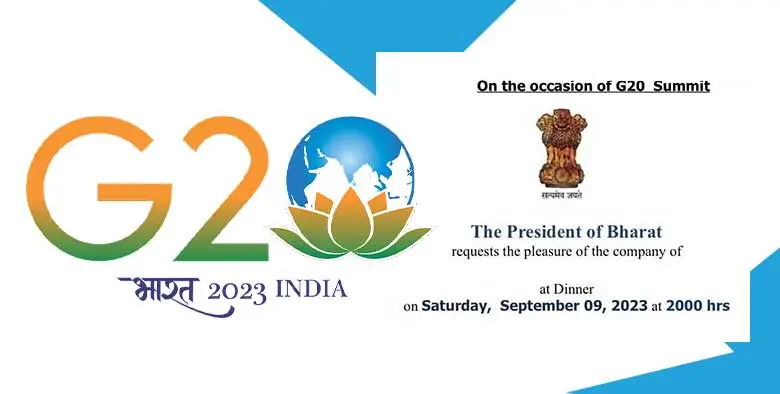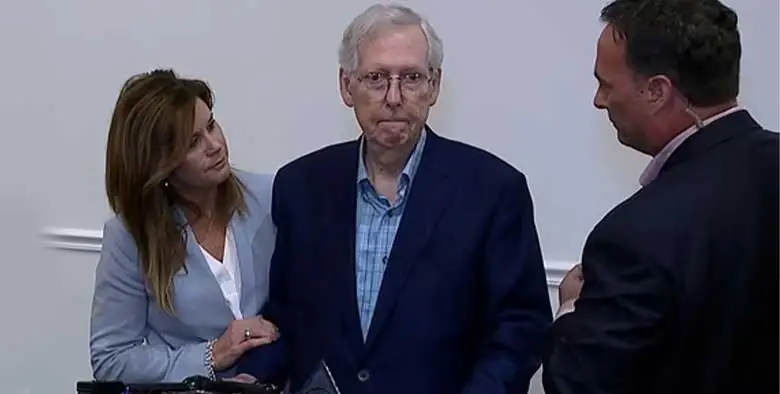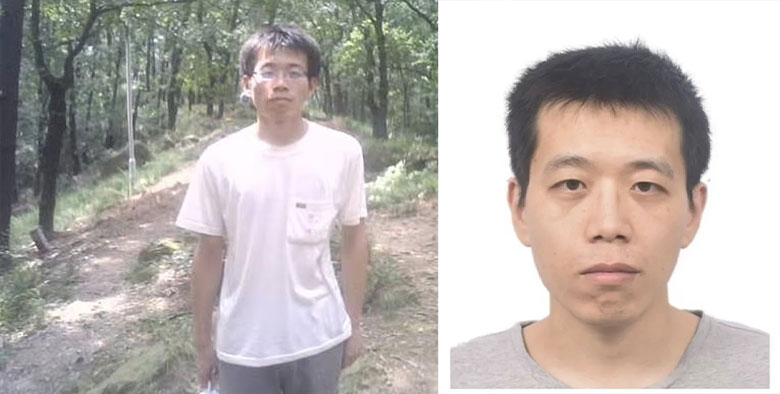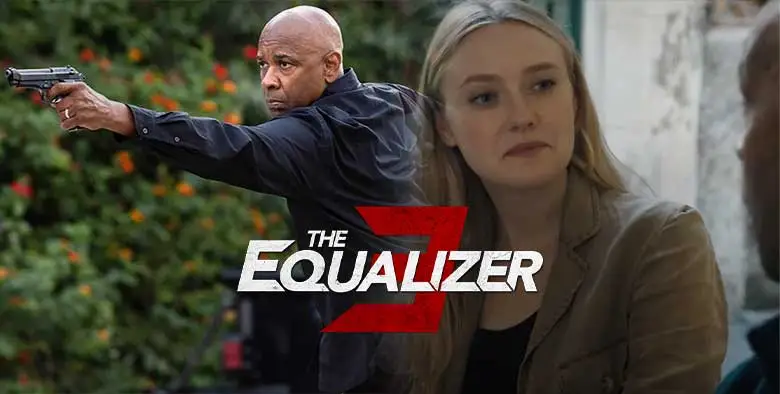- Know Everything About Nipah Virus, Which Is Back In Kerala Again
- Kevin Porter Jr Arrested On His Girlfriend’s Assault Charge
- Market Change Overnight - Know The 8 Things That Did It
- Who Are Alba Baptista And Chris Evans Married On The Weekend?
- Disrupted India vs Pakistan Asia Cup 2023 Match on Reserve Day
- 10 Common Foods That Contain No Calories or Are Very Low in Calories
- Men’s Styling Tips - Know the 9 Common Style Mistakes to Avoid
- Coco Gauff Beats Karoline Muchova and Reaches the US Open Final
- Danny Masterson Gets Life Sentence of 30 Years for Two Rapes
- Experience A Splendid Vacation in Kashmir with These 15 Gorgeous Sights
- India
- Friday , April 26, 2024
- Last Published Sep 12, 2023, 6:48:32 PM
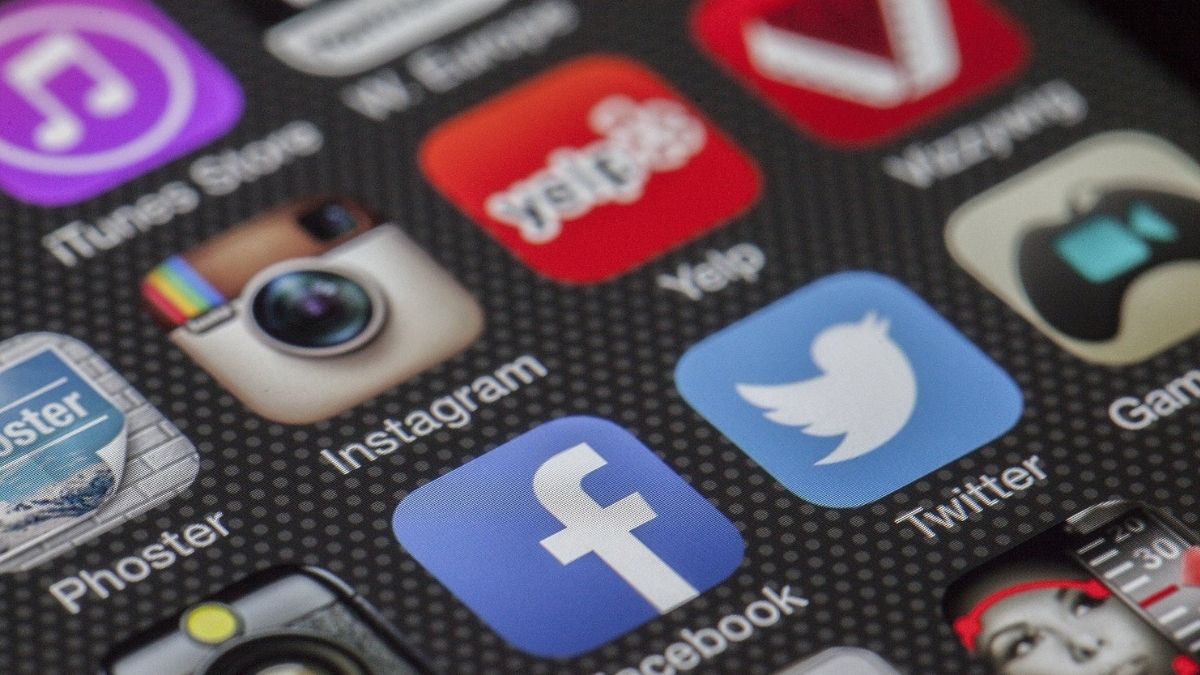
Facebook, Instagram, Twitter Might Face Criminal Action In India
Social media platforms including Facebook, Instagram and Twitter might face a ban in India and even criminal charges if the social media giants fail to comply with the new intermediary guidelines issued by the Government of India. The government passed the new IT rules in February, and social media platforms such as Whatsapp, Facebook, and Twitter were given a three-month time to comply with the new IT rules. Today, i.e. 25th May, was the last date to comply with the new IT rules. However, according to government officials, none of the social media giants has yet complied with them. However, Facebook has released a statement saying that it aims to adhere to the government's new intermediary guidelines. "We aim to comply with the provisions of the IT rules and continue to discuss a few of the issues which need more engagement with the government, pursuant to the IT Rules; we are working to implement operational processes and improve efficiencies. Facebook remains committed to people's ability to freely and safely express themselves on our platform." said the spokesperson of Facebook. Twitter has currently declined to comment on the matter. According to sources, some social media platforms are waiting to receive instructions from their headquarters in The United States.
Everything You Need To Know About Information Technology (Intermediary Guidelines and Digital Media Ethics Code) Rules 2021
The central government passed the new IT rules and notified for the same in the Gazette of India on 25th February 2021. The rules have been framed under section 87 (2) of the Information Technology (IT) Act, 2000 and supersedes the earlier Information Technology (Intermediary Guidelines) Rules 2011.New guidelines for Social Media/Intermediaries
- The new rules make it mandatory for the social media intermediaries to appoint an India-based grievance officer to deal with complaints and monitor objectionable content. The grievance officer will have to respond to the complaints within 15 days.
- The intermediaries will have to remove or disable access to the objectionable content within 24 hours of receipt of complaints.
- The social media intermediaries will have to appoint three officers - chief compliance officer, nodal contact person (coordinating with law enforcement agencies) and a resident grievance officer (to perform functions mentioned under Grievance Redressal Mechanism) all of whom should be resident in India.
- In addition to appointing three officers, the social media platforms will have to show the contact details of the officers on their websites and apps.
- The social media platforms will have to publish a monthly compliance report mentioning everything from the details of the complaints received to the action taken.
- The new IT rules seek to enable the identity of the first originator of the information. However, the identity shall be revealed only for the purposes of prevention, detection, prosecution or punishment of an offence related to the security of the state, sovereignty and integrity of India, public order or friendly relations with foreign states.
- The new rules require social media platforms to have automated tools such as artificial intelligence (AI) drive mechanisms to remove objectionable content.
- The social media platforms are required to remove any unlawful information upon receiving actual knowledge in the form of a court order or being notified by the appropriate government or its agencies through an authorised officer.
- The new rules prohibit social media platforms from posting or hosting any information prohibited under any law concerning the interest of the sovereignty and integrity of India, friendly relations with foreign countries, public order, etc.
- The social media giants can face criminal charges in India if they fail to comply with the new IT rules. In case of due diligence not being followed by the intermediary, Safe Harbour Provisions will not apply to them.
- Safe Harbour Provisions have been defined under Section 79 of the IT Act, which protects social media intermediaries by providing them immunity against legal prosecution for any content posted/hosted on their platforms.




